STANDARDS FOR INCLUSIVE RECREATION PROGRAMS
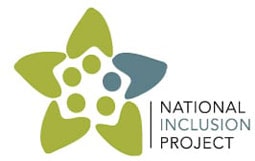
The Standards for Inclusive Recreation Programs provide an operational definition of social inclusion, clearly outline best practices of inclusive recreation, and serve as the foundation for all NIP training resources, including
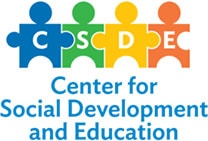
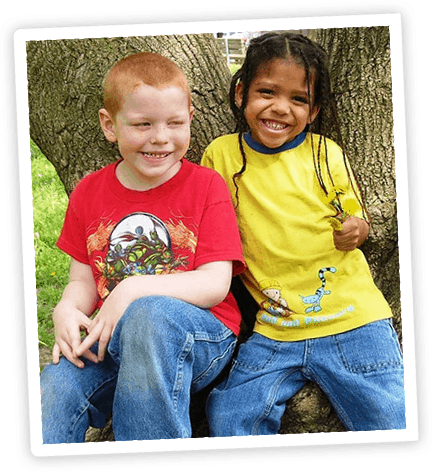
The purpose
The standards have been designed to serve multiple purposes. First and foremost, the standards are intended to be educational, providing programs with an operational definition of social inclusion and a picture of inclusive recreation in terms of best practices.
Similarly,the standards are meant to guide programs that already include participants with disabilities in enhancing their understanding of social inclusion and identifying practices that will improve and expand their inclusive programming at all organizational levels.
Get to know the Standards
- The mission of the agency or purpose of the program reflects a commitment to inclusion.
- Staff recruitment and hiring processes reflect a commitment to the inclusion of people with disabilities.
- The composition of participants reflects a commitment to serving people with and without disabilities.
- Outreach materials communicate that participants with and without disabilities belong.
- Input is solicited from participants and/or their family members/guardians about accommodations that the participant may require in order to participate.
- Assistance is provided to family members/guardians to prepare participants for the program.
- Feedback is provided to participants’ family members/guardians throughout the program.
 © Copyright 2018-2019 University of Massachusetts and National Inclusion Project. All rights reserved.
© Copyright 2018-2019 University of Massachusetts and National Inclusion Project. All rights reserved.LEARN MORE...
INFO SESSION
We've recorded a free info session to help introduce you to the nuts and bolts of the Standards for Inclusive Recreation Programs. The Standards provide an operational definition of social inclusion and clearly outline best practices of inclusive recreation. Watch and learn how the standards can help guide your program to provide meaningful inclusive experiences for ALL participants.
WORKSHOP
We have a two-part interactive workshop that explores the Standards for Inclusive Recreation Programs in-depth. Together we unpack each standard through both instructor-guided and small group activities to discuss implementation criteria and practical considerations. Explore strategies to promote best inclusionary practices across all levels and settings of an organization.
READY TO LEARN MORE?
For more information, email our Director of Inclusive Recreation AmandaKloo@inclusionproject.org.
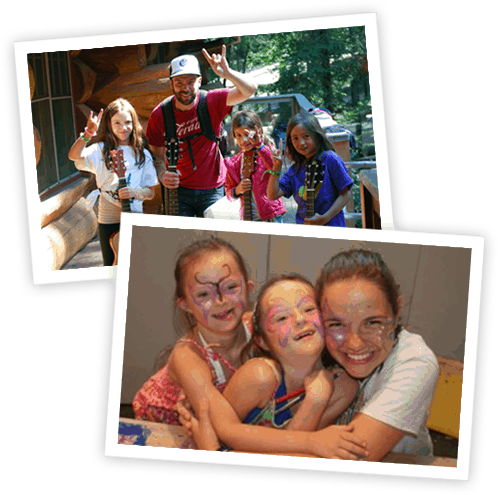
SUCCESS STORIES
There are many people doing great things in inclusion.
NIP does the important work of bringing those best practices together.
– Boys & Girls Club Inclusion Director
NIP has been instrumental in making our camp a place where everyone truly belongs.
- Jewish Community Center Camp Director
Everybody Participates. Everybody Belongs
There are many ways to support our mission. One of them (and a very easy one at that) is through donating.
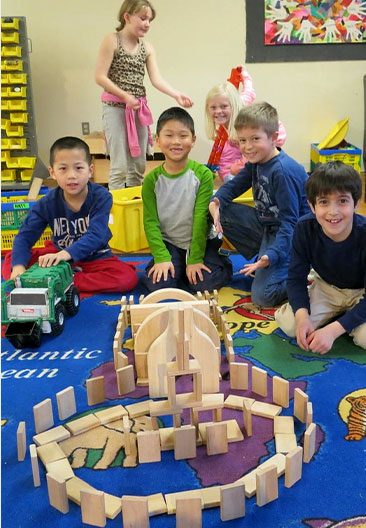 © Copyright 2018-2019 University of Massachusetts and National Inclusion Project. All rights reserved.
© Copyright 2018-2019 University of Massachusetts and National Inclusion Project. All rights reserved. © Copyright 2018-2019 University of Massachusetts and National Inclusion Project. All rights reserved.
© Copyright 2018-2019 University of Massachusetts and National Inclusion Project. All rights reserved.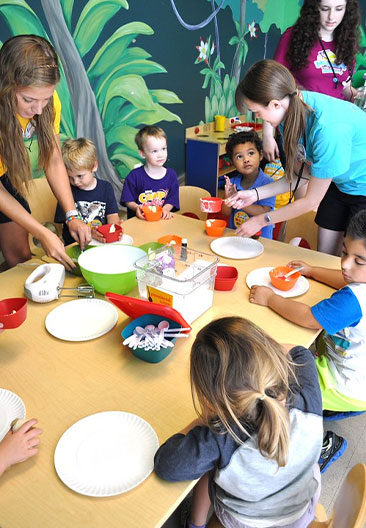 © Copyright 2018-2019 University of Massachusetts and National Inclusion Project. All rights reserved.
© Copyright 2018-2019 University of Massachusetts and National Inclusion Project. All rights reserved.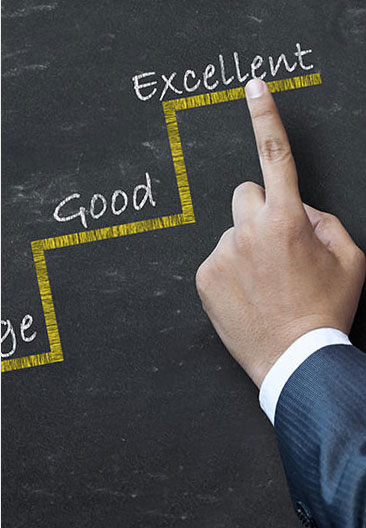 © Copyright 2018-2019 University of Massachusetts and National Inclusion Project. All rights reserved.
© Copyright 2018-2019 University of Massachusetts and National Inclusion Project. All rights reserved.